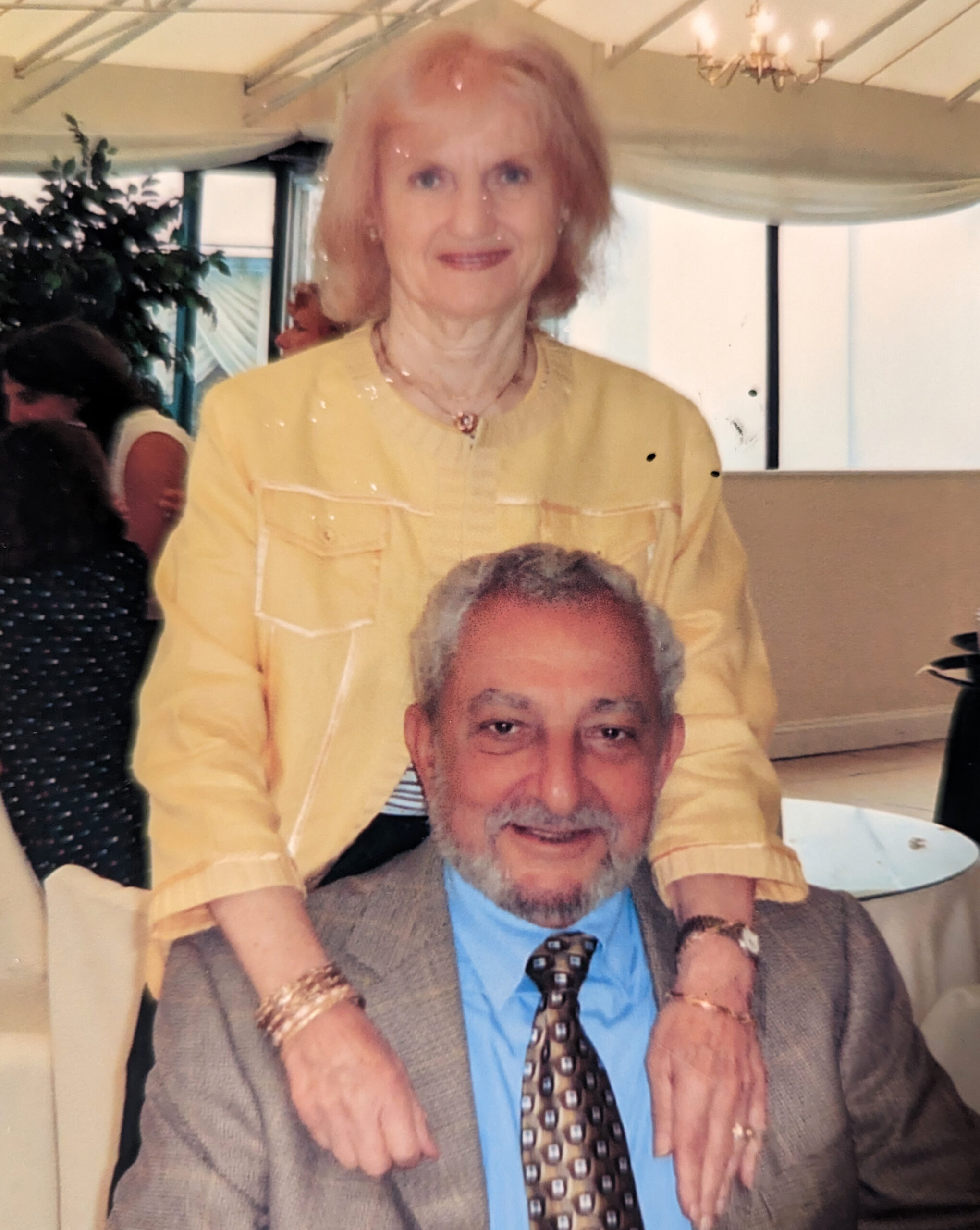
It is 1917, and on the docks in many US east coast port cities the flags are flying and the bands are playing. The doughboys are going “over there” to end the war. Unnoticed, an illiterate 14-year-old peasant boy – he had never seen the inside of a schoolroom, not one day – stepped ashore from the ship on which he had stowed away. He had no family, no friends, no money. His beginning here gave real meaning to the word “underprivileged.”
At the beginning, he slept in the backrooms of the places where he found work. Later, in rooming houses, and then, when he had learned a trade and could afford it, in apartments.
The years passed into decades: the “Roaring Twenties,” the Crash of ‘29, the Great Depression and World War II. It was not until I was eleven years old that he was able to buy his family our first house. It was an old frame building with a postage-stamp sized yard in front and back. The roof leaked, the electrical and plumbing needed to be replaced, and the furnace was an antique. But it was home.
One day, two weeks after we moved in, I came walking down the street after school. As I neared, there were two men working in our front yard – they were digging a large hole in the ground.
Running into the house I called, “Mommy, what are those men doing?”
She turned from the stove with an odd smile on her face, “They are putting up your father’s flagpole.”
For the first time since the beginning of his life, as an American, this man would be able to fly the flag that had become the symbol of his salvation.
Since my father always left for work well before sunrise and did not return until well after sunset, it became one of my household chores to raise the flag “respectfully” in the morning and lower it “slowly” at dusk. In later years, when his working hours became shorter, he happily assumed the duty. He didn’t actually salute the flag when it reached the top, he just grew a little.
That was many years ago. And he and my mother are long since gone. But at the cemetery, over his grave, our flag still flies.
To read more about the author’s father and mother, see “Odyssey to the Open Door,” and “Magnificent Vision.”



Be the first to comment